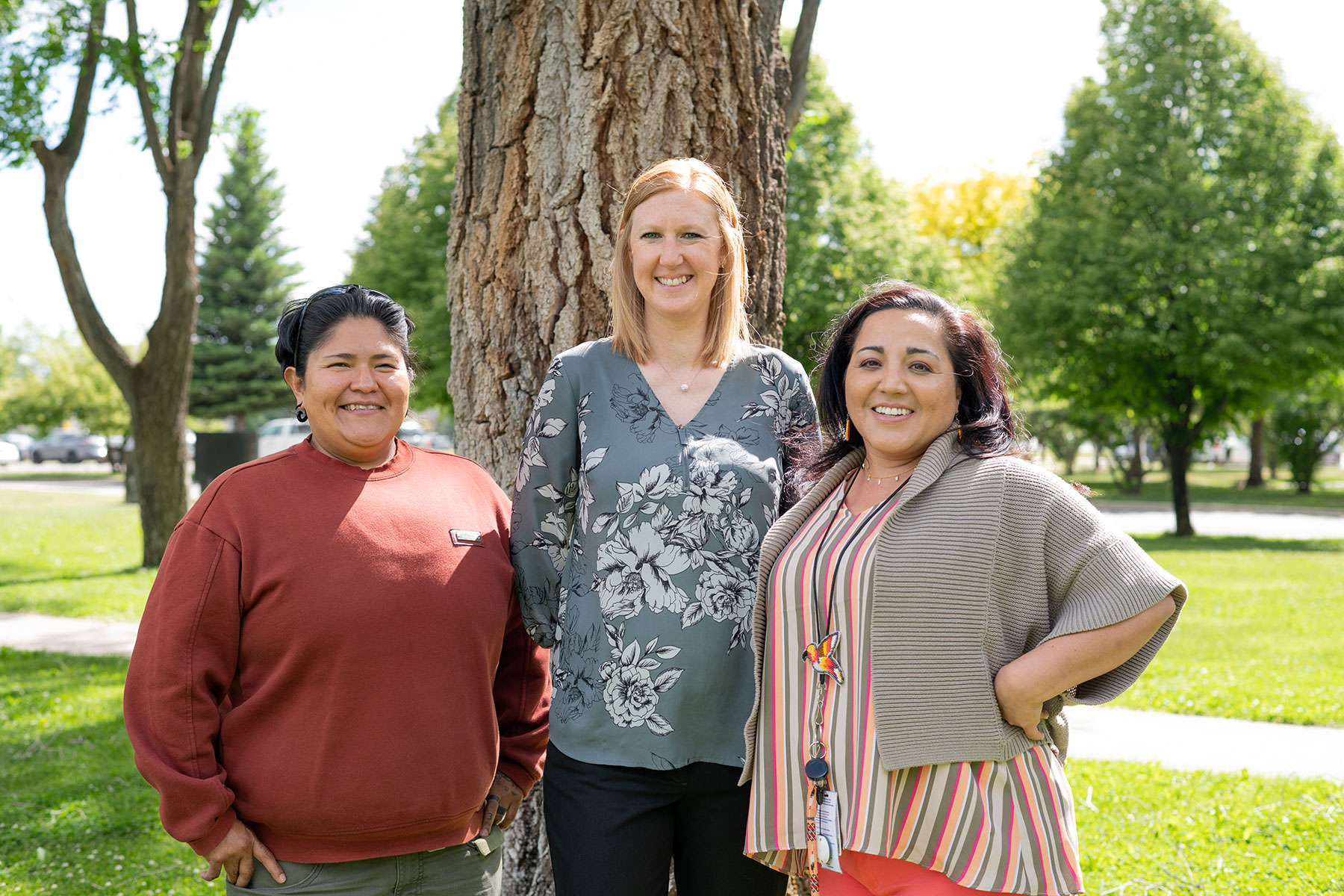The Southern Ute Behavioral Health, Native Connections Program is nearing its end as we get closer to September, despite the end of this nationally grant funded program the division still plans to continue its efforts in offering mental health trainings, while also promoting suicide prevention throughout the community.
This programming was never designed to be ongoing. However, from the beginning the Southern Ute Behavioral Health Division has focused on how to have sustainability and how to continue efforts made through the Native Connections Program now under a broader umbrella. The main focuses of the Native Connections Program included reducing suicidal behavior and substance abuse among Native youth up to age 24, easing the impacts of substance abuse, mental illness, and trauma within Native communities, as well as supporting youth as they transition into adulthood.
In an interview with the Native Connections Program staff, Behavioral Health Manager Mary Young further explained that the division will be working to continue efforts. “We’ve really tried to focus on ‘how do we sustain this programming and keep it going forward?’” Young said. “Through evidence-based treatment programming for our therapists that is one way to make sure that we have sustainability, and we have efforts going forward. [Native Connections] is dying down, but it’s continuing in a different way.”
The Behavioral Health Division is ready to continue the efforts made through the Native Connections programming, offering mental health first aid training and continuing suicide prevention. Native Connections Program Coordinator, Precious Collins shares what the Behavior Health Division will continue to offer. “Providers that are under Behavioral Health will be providing community outreach and educational opportunities such as; suicide prevention, QPR question persuade refer, as well as youth and adult mental health first aid,” Collins said. “Those things are still going to happen; those are the two primary evidence-based suicide prevention trainings that we provide–and for substance abuse prevention [Behavioral Health] has tons of experts in the division on that subject.”
The Native Connections Program, funded by the Substance Abuse and Mental Health Services Administration, and its employees have dedicated the last five years to help the tribal community identify and address the behavioral health needs of Native youth and adults. The ground laying efforts made by the program’s team have set the tone for how the Behavioral Health Division can continue to assist those in need within the community.
“The substance use or the Behavioral Health team is out there, their resources are always going to be here,” Collins said. “The grant in the program itself is ending, but the efforts, treatment, and information is still very much a part of the Behavioral Health Division.”
For more information regarding the Native Connections Program please contact the Behavioral Health Division at 970-563-2365. Always remember that help is available 24/7 via the Suicide & Crisis Lifeline at 988.

